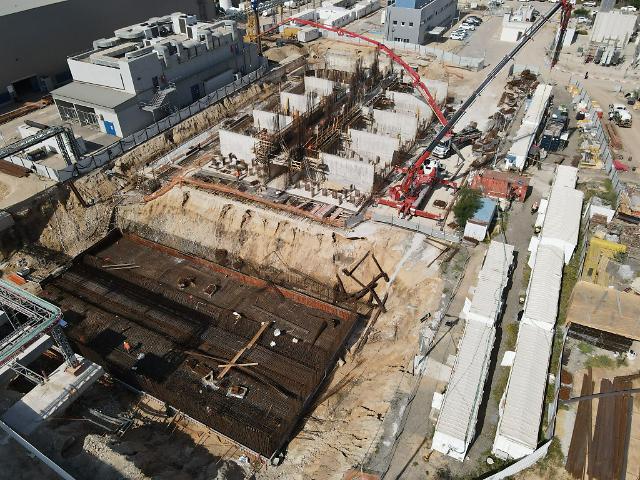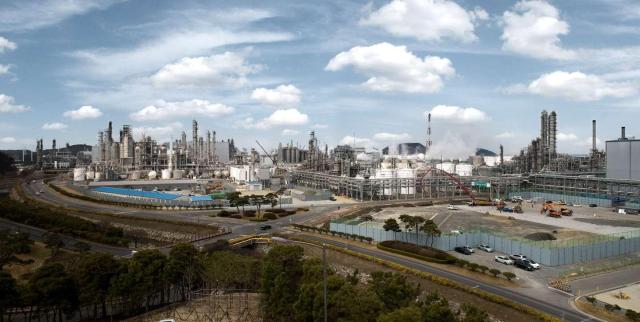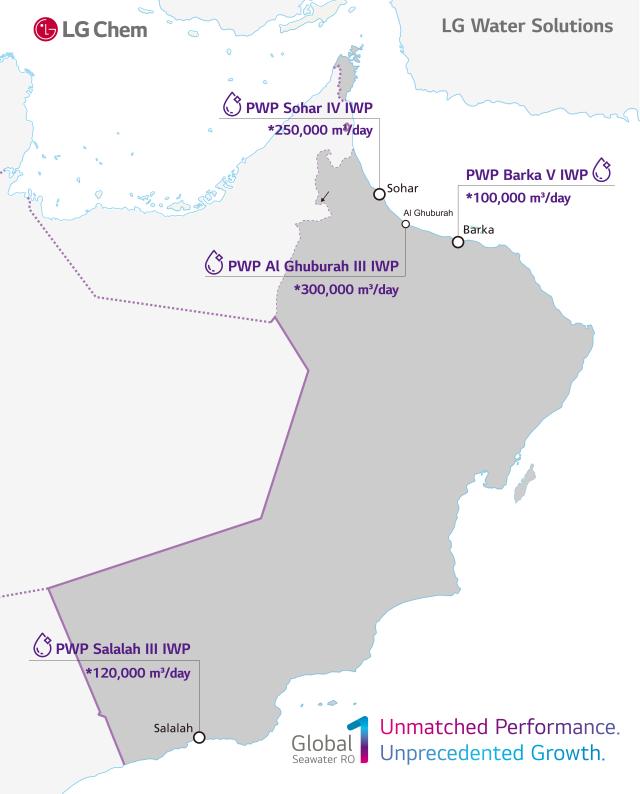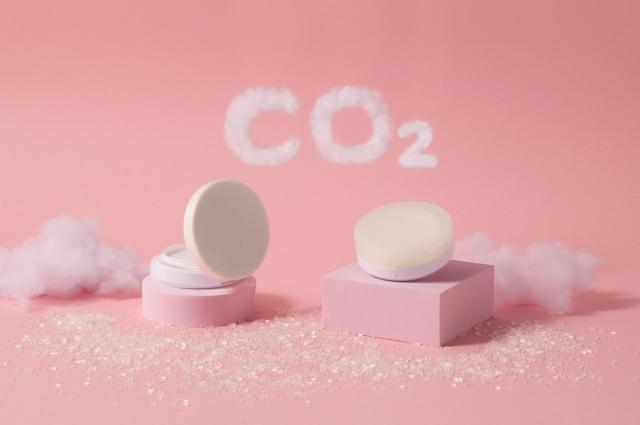
[Courtesy of LG Chem]
Reverse osmosis (RO) is used to remove salt and other substances from water through a semi-permeable membrane. Unlike the conventional method which evaporates water using heat, RO membranes can filter out water molecules without the use of heat. LG Chem said the company's RO membrane has a salt removal rate of 99.89 percent.
According to the chemical technology company, it's been difficult to obtain fresh water in the Mediterranean area including North Africa and Israel due to its hot and dry weather. However, demands for RO membranes are high as most regions rely on potable water from seawater desalination plants.
LG Chem said in a statement that LG Water Solutions was selected to provide some 30,000 RO membranes for the desalination project from the second half of 2023 to the end of the year. The project is led by two Israeli companies, GES, a wastewater treatment supplier, and construction and engineering company Shapir.
"This project marks a major milestone for LG Water Solutions and further solidifies our position as a key player in the desalination industry," LG Water Solutions’ global project sales director Juan Carlos de Armas said in a statement on May 18. Starting with the project in Ashdod, the company aims to later expand its Mediterranean market share.
LG Chem is currently purifying about 1.86 billion tons every year with RM technology. The company said more than 50 percent of total water in Egypt and the Canary Island, a Spanish autonomous community, are generated through its RM membranes. Data cited by LG Chem showed that the global water filter market is projected to reach 6.4 trillion won ($4.7 billion) in 2024.
Copyright ⓒ Aju Press All rights reserved.





View more comments